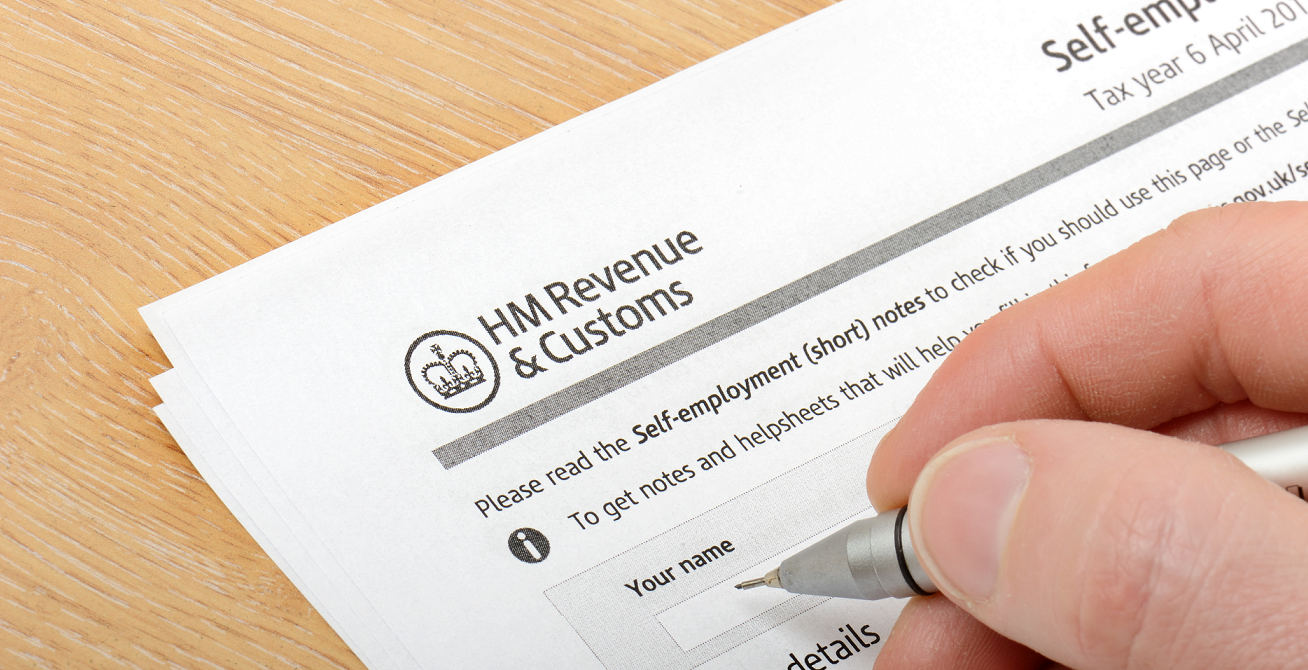Consultation: Off-payroll working rules from April 2020
05 March 2019
05 March 2019

1. End client must pass on a status determination (and reason for the determination) directly to the party they contract with, the off-payroll worker and the fee-payer, or
2. Any recipient of a determination (and reason for the determination) must pass it on to the next person in the labour supply chain at, or before, the time they make the first corresponding payment.
Aspire comment
The consultation clearly shows that, in the main, Government are intending to copy and paste the existing Chapter 10 ITEPA that applies to the public sector to extend the rules into the private sector. The main difference being the exemption for end clients who meet the definition of a small company will not need to apply the rules.
Other than that, Government are consulting on fine tuning the legislation and their guidance, based on concerns that have been raised. This fine tuning will also apply to the public sector from April 2020.
Government has acknowledged that there could be issues whereby a determination by a client is not passed down a supply chain. For example, the client may currently pass a determination to an agency, that does not pass it on to the umbrella company i.e. the fee payer, which causes issues for the fee payer. Therefore, Government are consulting on either ensuring the client passes the determination to the agency who is then obliged to pass it down the labour supply chain and so on, or, the client directly informs the worker and the fee-payer themselves, as well as continuing to inform the entity below them in the supply chain as they do currently.
This seems unrealistic as, in reality, an end client may not have access to the fee-payer entity or the worker to provide them with the determination directly.
Government state that a liability could occur where an entity does not fulfil its obligations. However, if that entity ceased to exist and so, HMRC are unable to collect the outstanding liability, then the Government proposes that the liability should transfer to the client or the first entity below the agency (described as “Agency One” in the consultation). This is on the basis that they believe Agency One should be able to consider who they wish to contract with to provide the labour and should be making sure they only work with reputable and compliant firms. This furthers HMRC’s expectation of due diligence in labour supply chains.
Finally, Government are considering a challenge process for determinations so that fewer off-payroll workers will need to use end of year processes to challenge the tax they are required to pay. Government would expect an end client to put together a process that, as a minim, includes the consideration of evidence put forward by the off-payroll worker and/or fee payer.
All in all, the consultation does not bring any surprises.
The closing date to respond to the consultation is 28th May 2019. To view the full consultation, click here. We are invited to attend a HMRC roundtable event to discuss the changes and respond to the consultation therefore if you have any comments, please call 01214456178 to discuss with a member of the team.